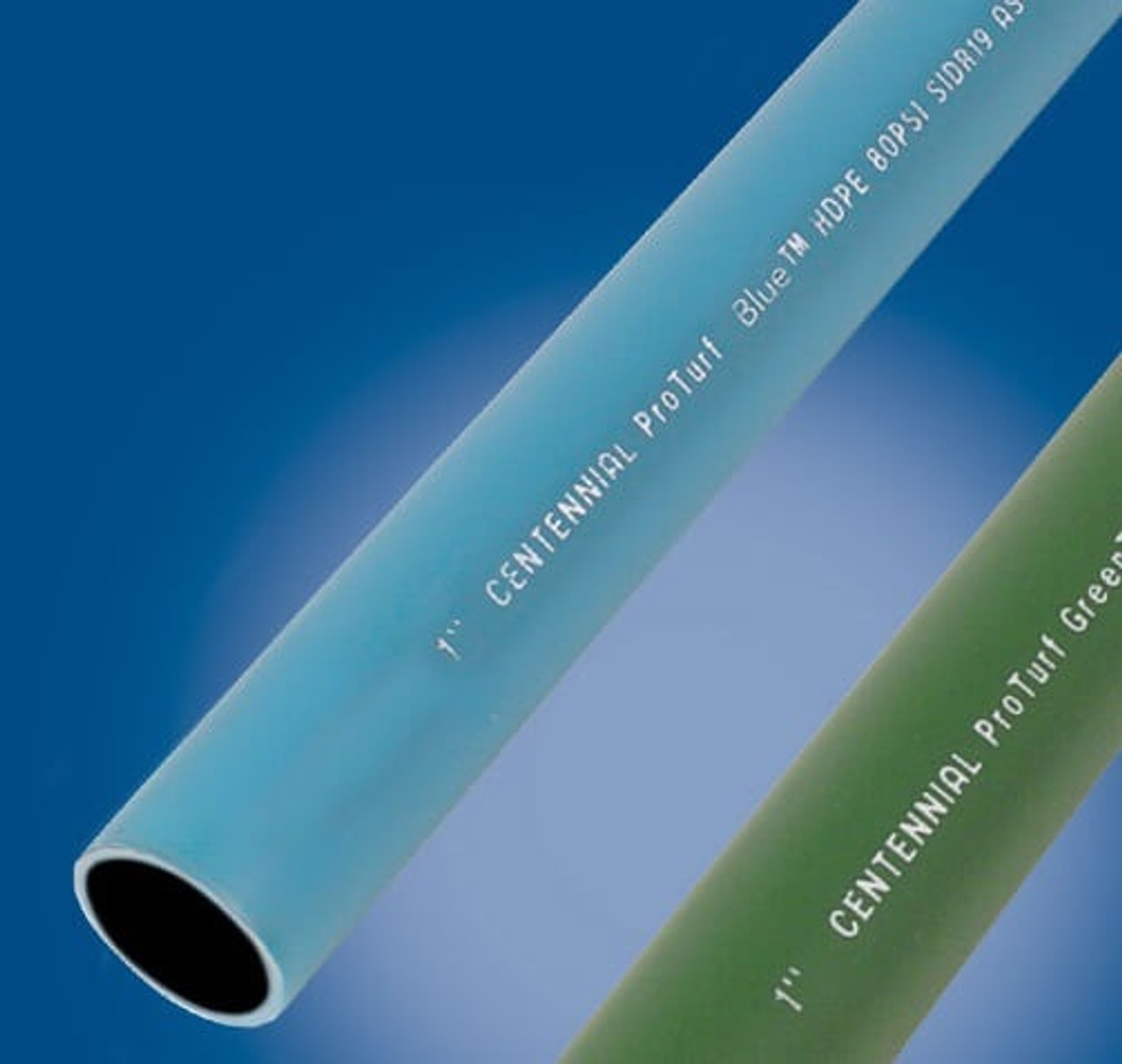Recognizing the Trick Conveniences of HDPE Pipe for Water and Wastewater Management
Using HDPE pipe in water and wastewater management presents various advantages that merit consideration. Its exceptional sturdiness and lengthy life-span make it a recommended option for lots of jobs. Furthermore, the material's resistance to rust and chemical damage improves its dependability in different atmospheres. However, the benefits expand past just longevity and resistance. Exploring its cost-effectiveness and ecological effect reveals a lot more compelling reasons for its prevalent adoption in modern framework
Outstanding Resilience and Long Life

HDPE pipe stands out for its exceptional durability and durability, making it a recommended option in water monitoring systems. Constructed from high-density polyethylene, these pipelines can hold up against considerable pressure and stress and anxiety, guaranteeing trusted performance gradually. Their durable nature allows them to withstand severe ecological conditions, including temperature level fluctuations and soil motions, which can create other materials to stop working.
The life-span of HDPE pipelines frequently surpasses half a century, providing an affordable option for districts and industries alike. Furthermore, the product's light-weight homes streamline installment, reducing labor expenses and timeframes. This durability reduces the requirement for regular repair services or substitutes, further improving its economic charm.
In water administration applications, the dependability of HDPE pipelines indicates less disturbances and boosted solution connection, making them indispensable to lasting framework development. The combination of resilience and longevity solidifies HDPE's function as a keystone in effective water management solutions.

Resistance to Corrosion and Chemical Damage
While many materials yield to rust and chemical damage gradually, HDPE pipes display exceptional resistance, making them perfect for different water administration applications. This durability comes from the molecular structure of high-density polyethylene, which is inherently non-reactive and does not corrode like metals or degrade from exposure to harsh chemicals. Therefore, HDPE is highly effective in settings with hostile compounds, such as wastewater systems that may include acids, bases, and organic solvents.
Additionally, HDPE pipes can withstand ecological aspects such as soil acidity and saline problems, better improving their suitability for diverse applications (hdpe pipe fittings Midland TX). Their ability to keep structural integrity in time lowers the risk of leakages and failures, which is essential in guaranteeing the safety and integrity of water circulation and wastewater monitoring systems. The resistance to deterioration and chemical damages considerably adds to the overall performance and longevity of HDPE piping options.
Cost-Effectiveness and Economic Benefits
When considering the monetary effects of water management systems, the cost-effectiveness of HDPE pipelines becomes obvious. These pipelines provide reduced installation and upkeep prices compared to standard products like metal or concrete. Their lightweight nature streamlines transport and installation, leading to lowered labor expenses. Furthermore, HDPE pipelines exhibit a long lifespan, commonly going beyond 50 years, which equates to less substitutes and long-term cost savings.
In addition, the resistance of HDPE to corrosion and chemical damage lessens the requirement for expensive fixings and replacements. The pipes also sustain reliable water circulation, reducing energy costs connected with pumping systems. By minimizing leakages and water loss, HDPE pipelines contribute to significant economic benefits for towns and markets alike. Generally, the preliminary financial investment in HDPE piping can produce significant monetary returns over the life-span of the water monitoring system, making it a sensible selection for lasting framework growth.
Ecological Sustainability and Minimized Effect

Versatility and Flexibility in Installation
Due to their one-of-a-kind residential or commercial properties, HDPE pipelines use remarkable convenience and adaptability in setup, making them appropriate for a large range of applications. Their light-weight nature enables simpler handling and transportation, lowering labor expenses and installation time. HDPE pipelines can be bent and formed to fit various surfaces and job requirements, which is specifically helpful in challenging settings.
Furthermore, their resistance to corrosion and chemical damages enables for installation in varied settings without the demand for specialized protective coatings. The capability to fuse joints creates a continual, leak-free system, improving the total stability and reliability of the setup. HDPE's flexibility likewise accommodates ground motion, reducing the danger of damages in areas vulnerable to moving soil. Generally, these characteristics make HDPE pipelines not only functional however also a preferred choice for water and wastewater American Plastics HDPE Pipe for Oilfield monitoring systems.
Frequently Asked Concerns
Just How Does HDPE Pipe Contrast to PVC in Water Monitoring Applications?
HDPE pipe uses remarkable flexibility, resistance to rust, and durability compared to PVC. Its lighter weight promotes simpler installment, while its lengthy lifespan minimizes substitute prices, making HDPE a preferred choice in water administration applications.
What Is the Life Expectancy of HDPE Piping Under Common Conditions?
Under normal problems, HDPE pipelines can have a lifespan ranging from 50 to 100 years. Their toughness and resistance to deterioration add to their long-term efficiency in numerous applications, making them a reputable selection for framework.
Are HDPE Pipes Recyclable After Their Service Life?
Yes, HDPE pipes are recyclable after their life span. American Plastics HDPE Pipe Manufacturing. They can be refined and repurposed right into brand-new items, substantially lowering ecological influence and advertising sustainability within the sector, making them an environmentally friendly choice for piping services
What Is the Setup Process for HDPE Water Lines?
The setup process for HDPE pipes entails website prep work, trenching, pipe fusion or mechanical joining, backfilling, and stress screening. Appropriate techniques guarantee a durable and reliable system for delivering water and wastewater successfully.
Can HDPE Pipeline Be Used for Both Potable and Non-Potable Water Solutions?
Yes, HDPE pipelines can be utilized for both potable and non-potable water supply. Their adaptability, sturdiness, and resistance to corrosion make them ideal for different applications, guaranteeing safe and effective transport of water in various contexts.